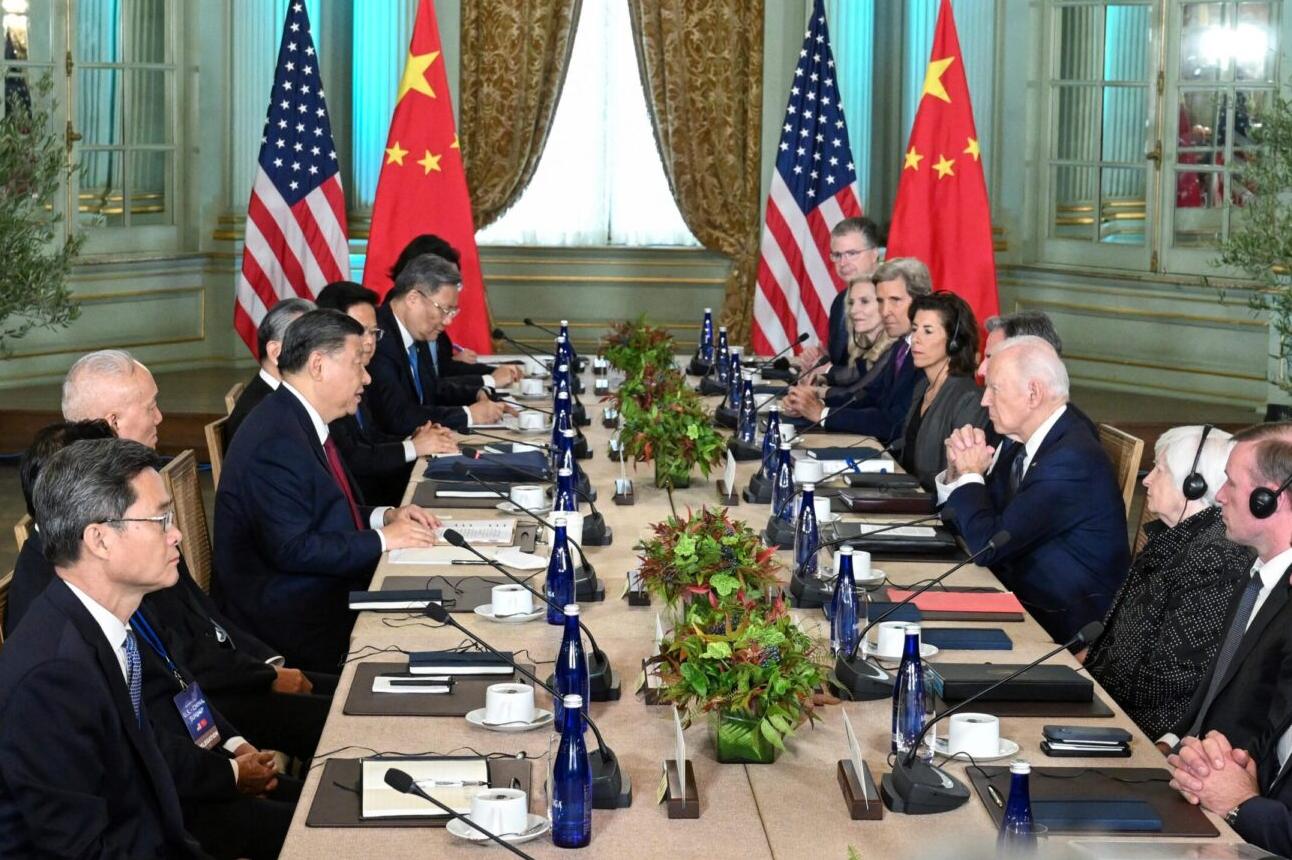Li Yan, Director of President's Office, China Institutes of Contemporary International Relations
Dec 14, 2023
China and the United States have been working in the right direction since the Bali summit. However, they still face many challenges. Next year is the 45th anniversary of China-U.S. diplomatic ties. What better time to bolster the foundation of peaceful coexistence and inject some certainty into a turbulent world?
Li Daokui, Economist and Professor of economics at Tsinghua University
Dec 08, 2023
In the cold winter of 1972, a schoolteacher in a poor Chinese village asked his whole class: “The U.S. president Nixon and his adviser Dr. Kissinger will be in China. What should we do?”
Liu Junhong, Researcher, Chinese Institute of Contemporary Int'l Relations
Dec 04, 2023
Over the 45 years since the China-Japan Peace and Friendship Treaty, the economic scale of the two countries has shifted. In addition, their economic structures have evolved, moving beyond an era of asymmetric dependence to a new phase characterized by mutual reliance.
Stephen Roach, Senior Fellow, Yale University
Dec 02, 2023
“A Better Biden-Xi Summit?” was the title of my commentary last month, and the emphasis was on the question mark. With good reason: Last year’
Xiao Bin, Deputy Secretary-general, Center for Shanghai Cooperation Organization Studies, Chinese Association of Social Sciences
Dec 01, 2023
In the competition between major powers, rational ones will choose strategies to protect their own interests. Irrational ones are likely to fall into a trap laid by rivals in which the cost of influence in underdeveloped regions becomes overbearing and results in retreat.

Zhang Yun, Professor, School of International Relations, Nanjing University
Nov 30, 2023
Relations with the United States are, for China, the most important bilaterally, while those with Japan are among the most important for the East Asian neighborhood. But worries that each of these relationships could drift apart again are real. There’s a limited window of opportunity to get things right.

Sun Chenghao, Fellow, Center for International Security and Strategy of Tsinghua University; Munich Young Leader 2025
Nov 30, 2023
Two presidents focused on restoring communication, expanding dialogue and managing risks, and they reached many points of agreement. But the United States is entering a contentious political campaign season, which is sure to include an increase in strident anti-China rhetoric.
Ma Xue, Associate Fellow, Institute of American Studies, China Institutes of Contemporary International Relations
Nov 20, 2023
The summit meeting of presidents Xi Jinping and Joe Biden was an opportunity to redefine the narrative, find balance and set a precedent for a more predictable framework in which global challenges can be tackled together. The world is watching.

Michael Swaine, Senior Associate,Carnegie Endowment for Int'l Peace
Nov 18, 2023
In the following interview with James Chau of China-US Focus, Swaine, an expert in China and East Asian security studies, explains why the two governments need to acknowledge their own contributions to mutual mistrust and the decline in bilateral relations. He also sees China as a key player on the world stage that needs to exercise its influence more directly. The interview has been lightly edited for clarity.

David Shambaugh, Gaston Sigur Professor and Director of China Policy Program at George Washington University, Distinguished Visiting Fellow at Hoover Institution of Stanford University
Nov 18, 2023
The summit meeting between Presidents Biden and Xi Jinping south of San Francisco has provided new and important stability to the fluctuant and stressed U.S.-China relationship. In the absence of a joint agreed statement, both governments put forward their own interpretations of what was said and agreed in the discussions. These respective interpretations were, not surprisingly, in agreement concerning sensitive issues in the relationship. Nonetheless, a number of “deliverables” were announced.